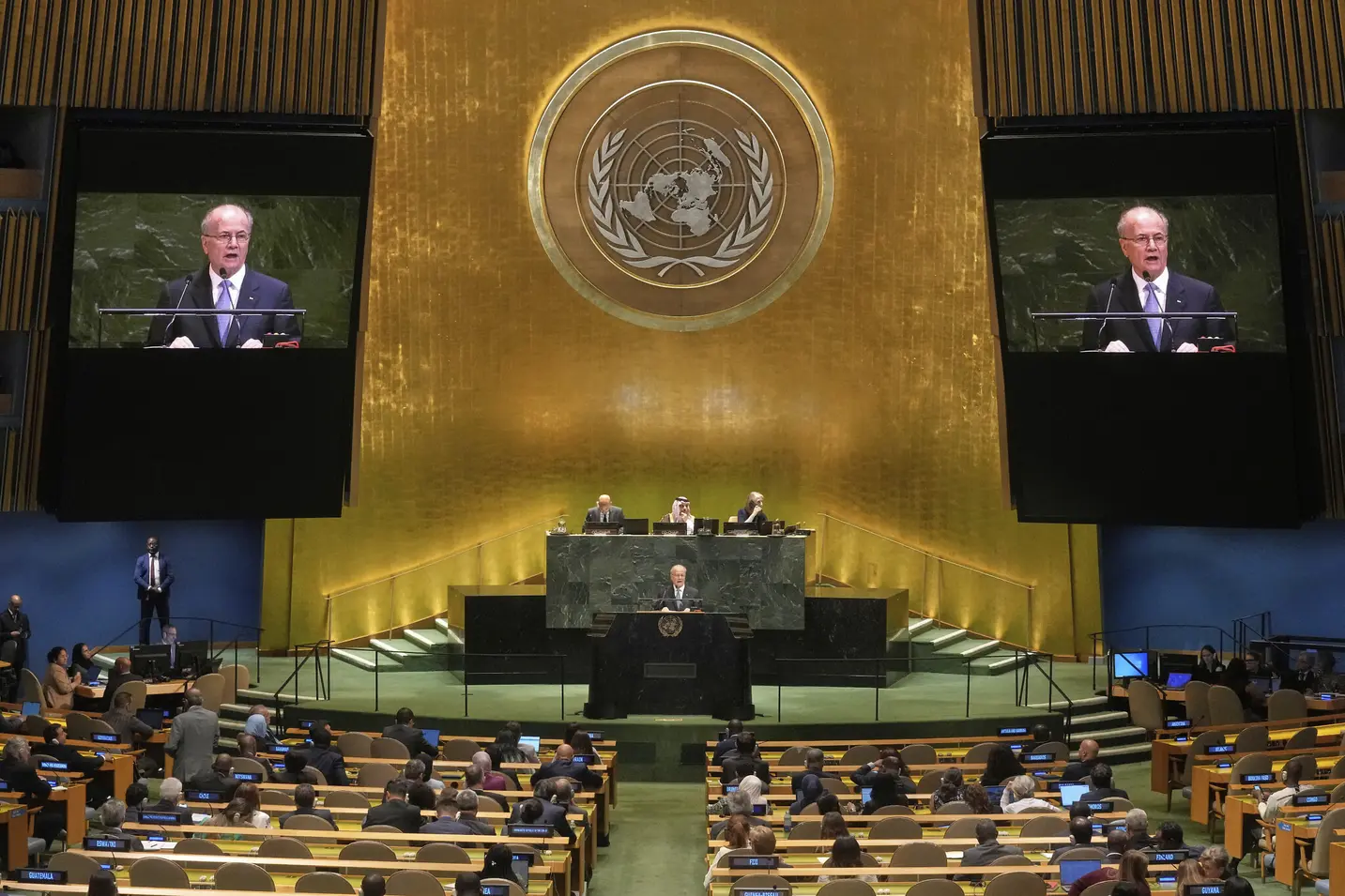T4K3.news
Australia to Recognize Palestinian State in September
Australia will recognize a Palestinian state at the UN General Assembly in September, signaling a shift in policy and provoking international debate.
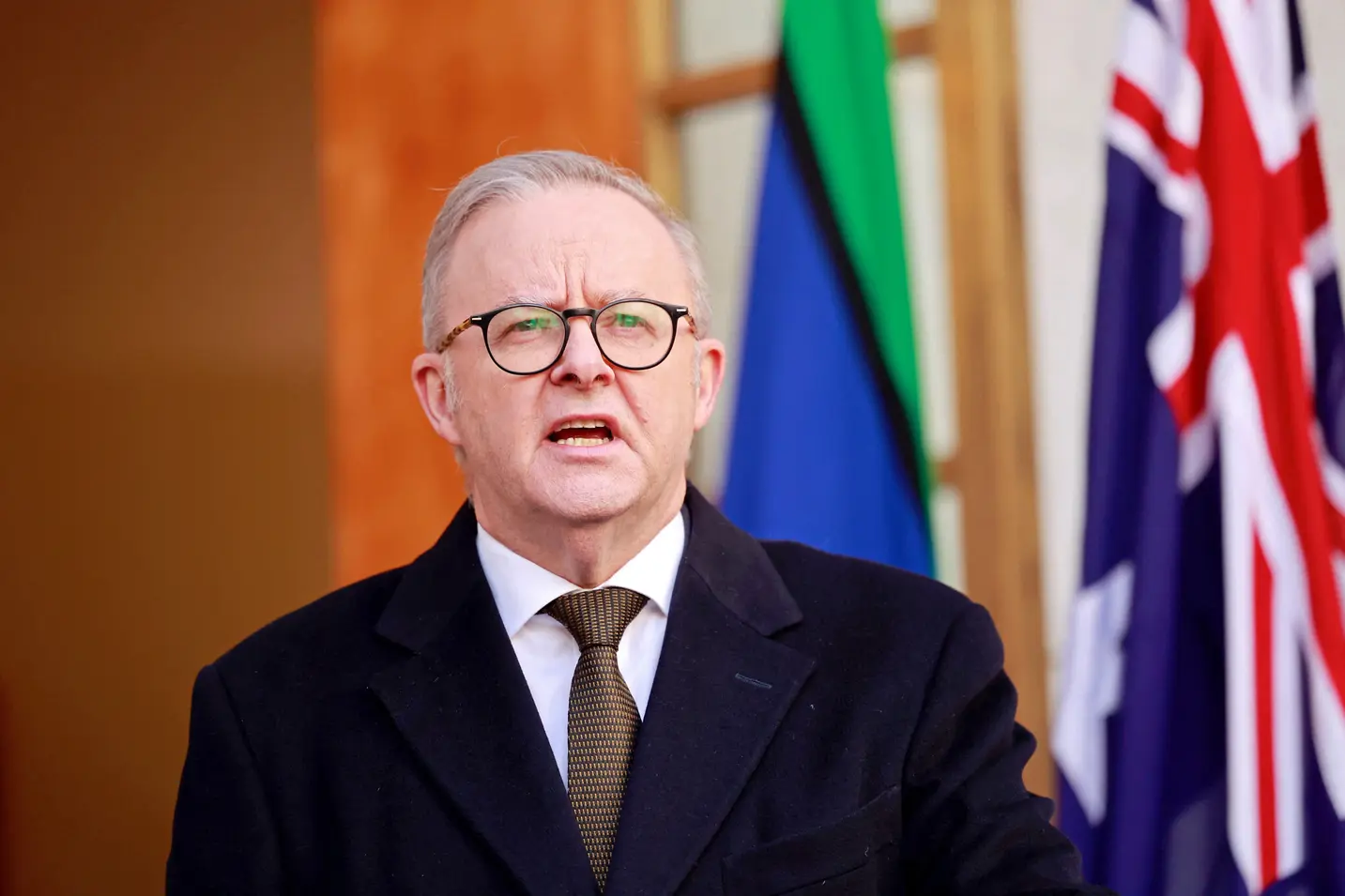
An editorial look at Australia moving to recognize a Palestinian state and New Zealand weighing a similar step ahead of the UN General Assembly.
Australia Recognizes Palestinian State in September
Australia will recognize a Palestinian state at the United Nations General Assembly in September, a rapid reversal announced by Prime Minister Anthony Albanese after weeks of hesitation. He framed the move as part of a coordinated global drive toward a two state solution and said it rests on Palestinian commitments that include no Hamas role in government, Gaza demilitarization, and elections. He noted that the Palestinian Authority would also commit to affirm Israel's right to exist in peace and to reforms aimed at stopping incitement and ending pay for slay stipends.
Netanyahu criticized the move as a reward for terror, calling it shameful and saying it undermines Israel’s security. The Israeli ambassador to Australia said the decision is symbolic rather than a step toward peace, while some supporters argue the move could pressure all parties to negotiate seriously. Ahead of the decision, New Zealand’s foreign minister said recognition was a matter of when not if and noted Wellington would decide in the coming weeks as part of a broader Western stance.
As the UN tally shows growing momentum, a number of European governments remain cautious or opposed and Germany has said it does not plan to recognize in the short term. The move has sparked domestic debate in Australia, including criticism from some Jewish groups who see it as a betrayal of hostages and a shift away from longstanding bipartisan policy.
Key Takeaways
"A two-state solution is humanity’s best hope to end the cycle of violence."
Albanese framing the move as a path to peace
"Peace is built by ending terror, not rewarding it."
Israeli ambassador to Australia on the policy
"This is a move of symbolic weight not instant peace."
Israeli officials' assessment of the decision
"The region is watching a test of international governance."
Global reaction and diplomacy stakes
The episode illustrates how geopolitics now moves in tandem with moral narratives on statehood and legitimacy. Western states are balancing symbolic acts with real world leverage, hoping to pressure Palestinian reforms without collapsing trust with Israel. The result may shape the tempo of diplomatic engagement at the UN and beyond.
Yet the policy carries real risks. If governance reforms falter or if Hamas remains sidelined without credible oversight, recognitions could harden positions rather than unlock negotiations. Domestic politics in Australia and allied publics abroad could amplify backlash and complicate subsequent diplomacy, turning a strategic move into a political flashpoint.
Highlights
- Recognition aims to push toward a two state solution
- Peace is built by ending terror not rewarding it
- This move tests how much room there is for diplomacy in a volatile region
- History will judge if symbolism becomes real progress
Political sensitivity and potential backlash
The decision touches delicate domestic and international politics. It could provoke backlash within Australia’s Jewish community and complicate Israel’s diplomatic standing, while also testing the PA’s reform commitments and international oversight.
The coming weeks will test whether diplomacy can translate symbolic steps into lasting peace.
Enjoyed this? Let your friends know!
Related News
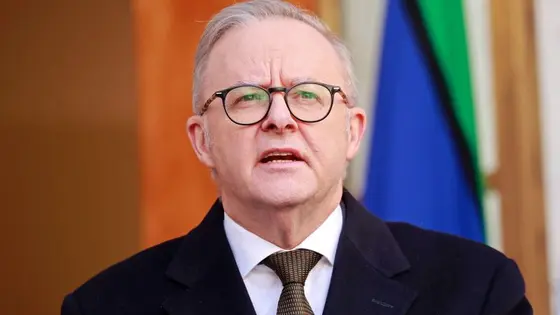
Australia sets September for Palestinian state recognition
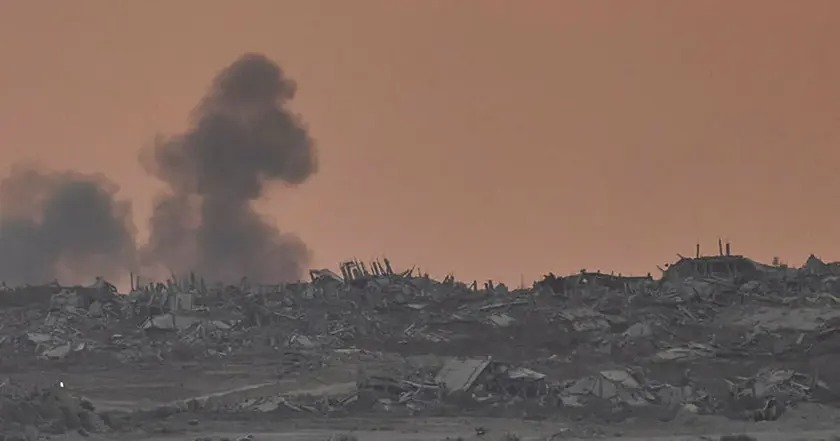
Hamas talks in Cairo and Australia recognitions move
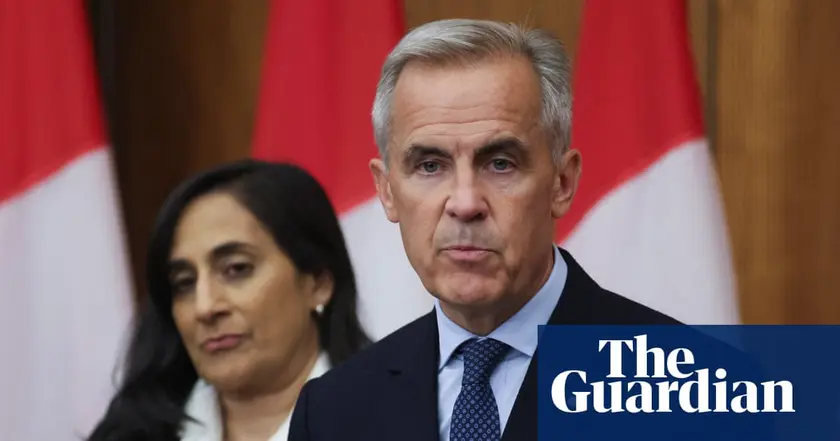
Canada to recognize Palestine at UN
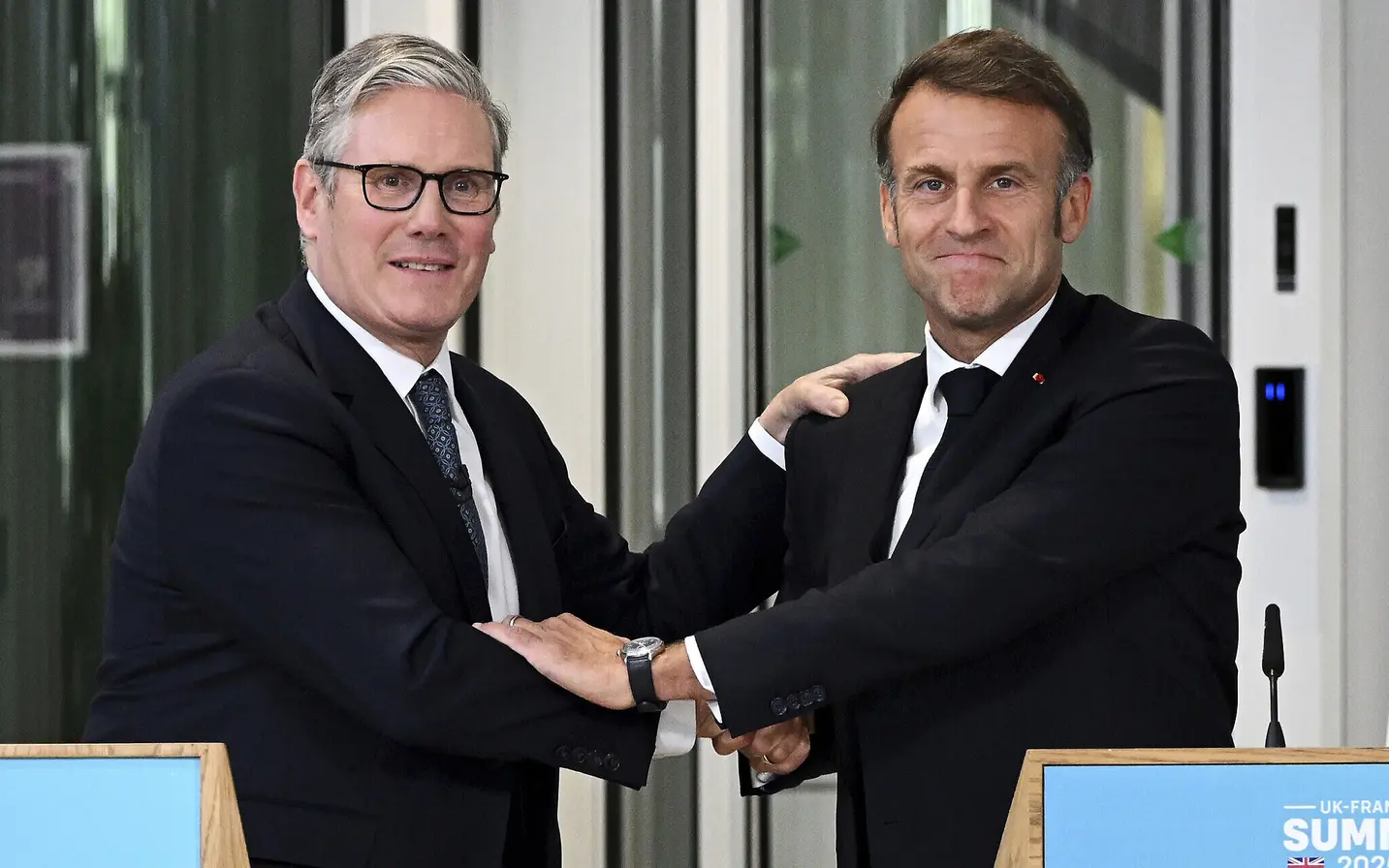
Western leaders threaten to recognize Palestinian state
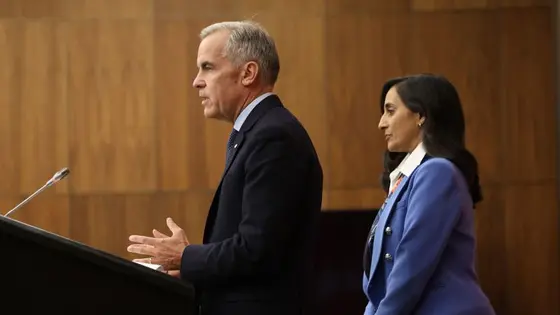
Canada plans to recognize Palestinian state in September

UK moves towards recognizing Palestinian state by September
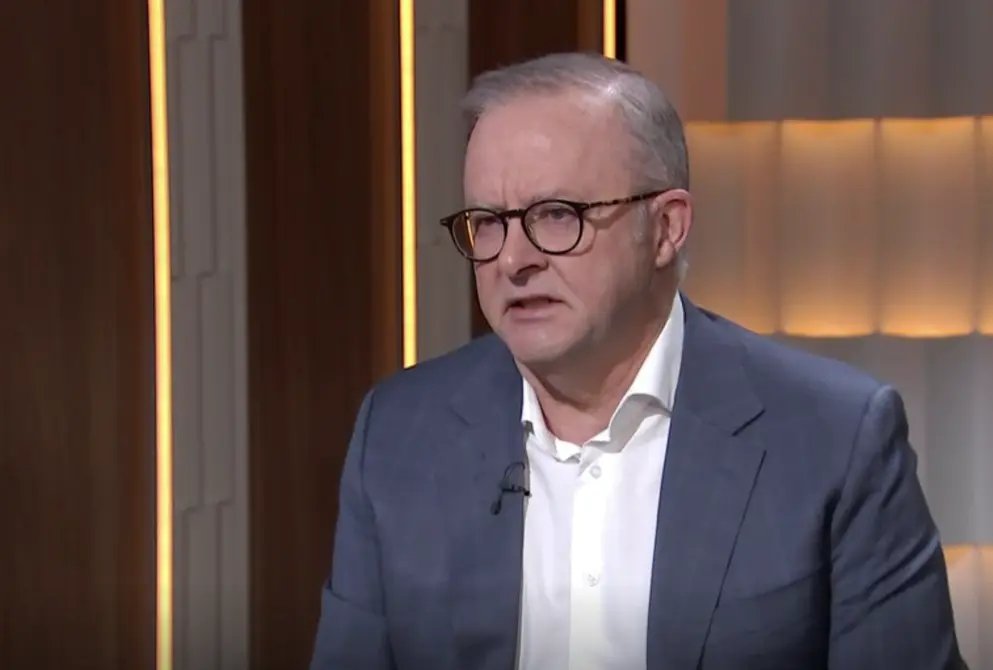
Australian PM says Israel breached international law

France and U.K. to recognize Palestinian state
